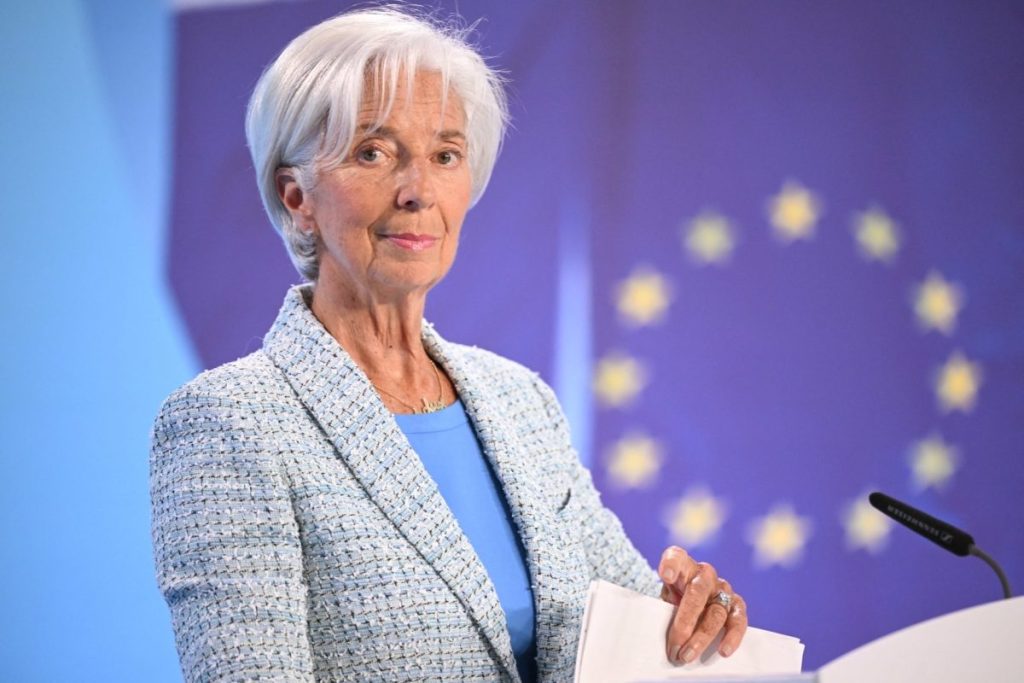The European Commission is advancing proposals to shift direct supervisory authority over crypto exchanges, stock exchanges, and clearing houses to the European Securities and Markets Authority (ESMA), according to the Financial Times.
The move aims to eliminate regulatory fragmentation across the EU’s 27 member states and strengthen the bloc’s capital markets union.
Under the plan, ESMA would assume oversight of “the most significant cross-border entities,” including crypto asset service providers currently regulated under individual national authorities through the Markets in Crypto-Assets (MiCA) framework.
The initiative has gained backing from ECB President Christine Lagarde and her predecessor, Mario Draghi, who highlighted centralized supervision as essential for European competitiveness against the U.S.
Fragmentation Undermines Market Efficiency
The current system has created significant inefficiencies, according to ESMA chair Verena Ross.
National regulators across all 27 member states had to build separate crypto supervision frameworks, a process she described as duplicative and costly.
“It clearly takes a lot of effort from us and the national supervisors to achieve alignment,” Ross told the Financial Times.
“Specific new resources had to be built up 27 times, once in each member state, which could have been done more efficiently at a European level.“
ESMA’s July peer review of Malta’s Financial Services Authority exposed these inconsistencies.
While acknowledging adequate staffing, the review found Malta only “partially met expectations” in authorizing crypto asset service providers, with material issues left unaddressed during approval stages.
The Paris-based authority emphasized that consistent application of MiCA is essential for standardizing how crypto firms are licensed and supervised throughout the bloc.
Divided Support Among Member States
Germany’s government under Chancellor Friedrich Merz has recently signaled openness to centralized oversight after long opposing it.
France remains a strong backer, with Bank of France Governor François Villeroy de Galhau warning that the current passporting system risks regulatory loopholes and uneven oversight.
“This framework would benefit from much stricter regulation of the multi-issuance of the same stablecoin within and outside the European Union, to reduce arbitrage risks in times of stress,” he said in October.
Meanwhile, smaller financial centers are resisting the shift.
Luxembourg Finance Minister Gilles Roth said his country prefers “supervisory convergence rather than creating a costly and ineffective centralized model.”
Malta has explicitly rejected expanded ESMA powers, with its Financial Services Authority warning that centralization would introduce bureaucratic layers that would hinder competitiveness during a period when the EU is striving to enhance its global position.
Ireland and Luxembourg similarly fear the move could disadvantage their national financial sectors, remaining skeptical that EU regulators would act in the best interests of smaller nations.
Exchange groups and industry lobbies have raised concerns about higher compliance costs.
“Expanding Esma’s supervisory responsibilities would mean higher fees paid by the industry,” said Marin Capelle, policy adviser at Efama, the fund industry lobby.
Broader Capital Markets Integration
The commission is expected to present its “markets integration package” in December.
Beyond crypto exchanges, ESMA would also gain binding dispute resolution powers between national supervisors overseeing large asset managers, though it would not directly supervise them.
The initiative forms part of a broader effort to complete the EU’s capital markets union.
The current landscape, with dozens of national and regional regulators and hundreds of trading institutions, raises costs for cross-border trades, a significant obstacle for startups scaling in Europe rather than the U.S.
Ross emphasized the need for capital markets to support the EU’s long-term goals. “This would provide a key impetus towards having a capital market in Europe that is more integrated and globally competitive,” she said.
ESMA will begin overseeing the consolidation of equity and bond prices, alongside ESG ratings, from 2026 onward. Cryptocurrency oversight would extend the regulator’s authority as Europe pushes for tighter market integration.
The post EU Plans to Give ESMA Direct Power Over Crypto Exchanges appeared first on Cryptonews.


 Malta has pushed back against a proposal by France, Italy, and Austria to expand the powers of ESMA to oversee crypto firms across the EU.
Malta has pushed back against a proposal by France, Italy, and Austria to expand the powers of ESMA to oversee crypto firms across the EU. France has urged the European Union to give ESMA direct authority over major cryptocurrency firms operating across the bloc.
France has urged the European Union to give ESMA direct authority over major cryptocurrency firms operating across the bloc. A price war has begun in the UK Crypto ETN Market after
A price war has begun in the UK Crypto ETN Market after 